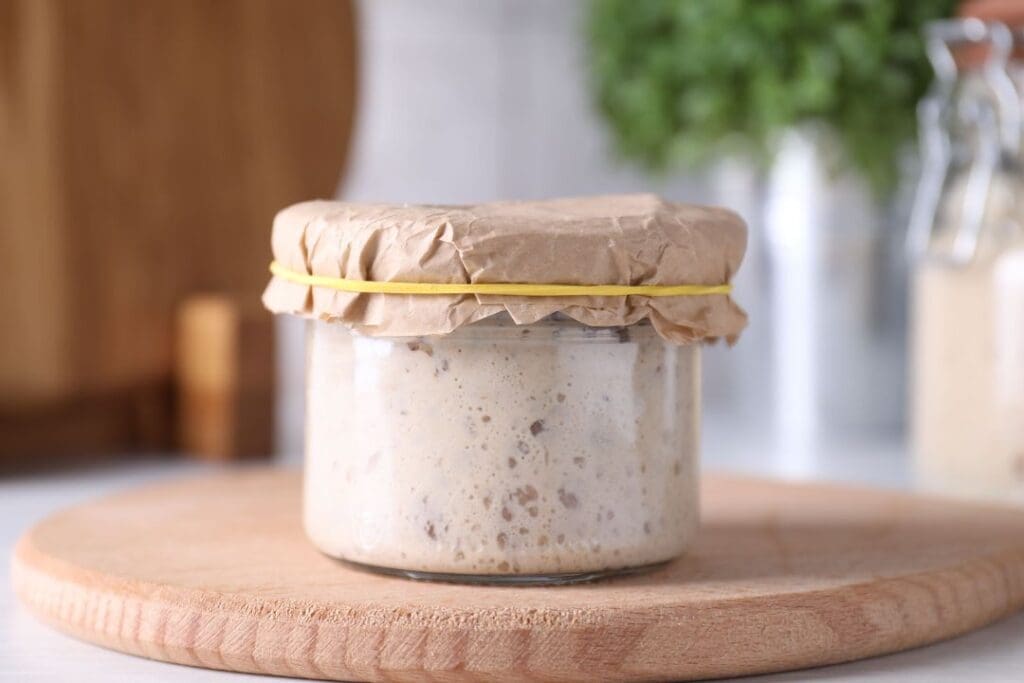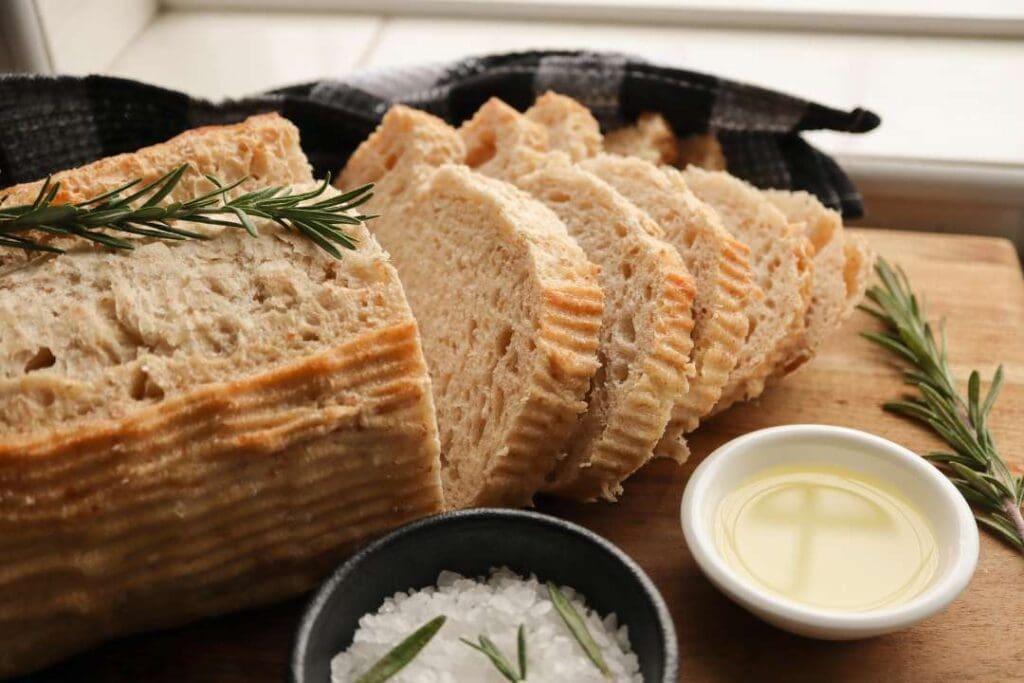Bread is a staple in many diets, but not all loaves are created equal. Among the countless options available, sourdough bread shines for its unique flavor, long history, and impressive health benefits. Unlike highly processed breads, sourdough is naturally fermented, making it easier to digest, lower on the glycemic index, and free of unnecessary additives. Whether you’re buying from a bakery or making it at home, sourdough offers a tastier and healthier way to enjoy bread.
1. Easier to Digest
Sourdough bread is made using a natural fermentation process that breaks down many of the complex carbohydrates and proteins in the dough, including gluten. This makes it easier on the digestive system, even for individuals with mild gluten sensitivities (though it’s not suitable for those with celiac disease).
Fermentation Benefits: The natural bacteria in sourdough predigest some of the starches, making the bread less likely to cause bloating or discomfort.
2. Lower Glycemic Index
Thanks to its fermentation process, sourdough bread has a lower glycemic index than white or even whole grain bread. This means it causes a slower, more stable rise in blood sugar levels rather than sharp spikes.
Why This Matters: A lower glycemic index is beneficial for maintaining steady energy, managing cravings, and supporting overall metabolic health.
3. Nutrient-Rich and Bioavailable
The fermentation process in sourdough enhances the bioavailability of nutrients like iron, zinc, magnesium, and B vitamins, which are often locked up in the grains of conventional bread.
Phytic Acid Breakdown: Fermentation reduces phytic acid, an anti-nutrient that inhibits the absorption of minerals in your body, making sourdough more nutrient-dense.
4. Fewer Additives
Unlike many commercial breads that rely on preservatives, artificial flavors, and dough conditioners, traditional sourdough is made with just three ingredients: flour, water, and salt. This simplicity ensures a cleaner, healthier loaf without unnecessary chemicals.
Pro Tip: Look for authentic sourdough that lists a starter culture or natural fermentation on the label—avoid “sourdough-flavored” breads.
5. Natural Probiotics for Gut Health
The lactic acid bacteria present in sourdough contribute to the production of prebiotics, which feed the good bacteria in your gut. While the baking process kills live probiotics, prebiotics remain intact and support a healthy digestive system.
Gut Benefits: Regular consumption of sourdough can promote better gut health compared to highly processed breads.
6. Superior Flavor and Texture
Sourdough’s signature tangy flavor and chewy texture come from the fermentation process. It’s a sensory delight that’s hard to match, elevating even the simplest meal.
Versatility: Whether toasted with butter, used for sandwiches, or as a base for avocado toast, sourdough adds a rich flavor dimension.
7. Longer Shelf Life Naturally
The natural acids produced during fermentation act as preservatives, giving sourdough bread a longer shelf life without the need for artificial additives.
Bonus: This means less food waste and more time to enjoy your loaf.

How to Make Your Own Sourdough Bread
Making sourdough bread at home might sound intimidating, but it’s actually simpler than you think. With just a few ingredients—flour, water, salt, and a starter—you can create a fresh, delicious loaf that’s way better than anything store-bought. Plus, there’s something incredibly satisfying about baking your own bread!
Start with Our Dehydrated Sourdough Starter: If you’re new to sourdough or don’t have a starter yet, we’ve got you covered. Our dehydrated sourdough starter is easy to rehydrate and perfect for beginners. It’s the same starter we use, and it’s ready to help you bake amazing bread.
Try Our Favorite Sandwich Loaf Recipe: Want a soft, delicious bread for sandwiches or toast? Check out our favorite sourdough sandwich loaf recipe. It’s easy to follow and a go-to for a delicious, family-friendly loaf.
Quick Tips for Sourdough Success
Be Patient: Sourdough takes a little extra time to rise, but the flavor and texture are so worth it.
Use Good Ingredients: Stick with unbleached flour and filtered water for the best-tasting bread.
Keep Your Starter Happy: Feed it regularly and store it properly so it’s always ready when you are.
Making sourdough isn’t just about the bread—it’s about the process. Whether you’re a beginner or an experienced baker, it’s a fun and rewarding way to create something wholesome and delicious right in your own kitchen.

A Better Bread for Your Health
Sourdough bread isn’t just a tasty choice—it’s a healthier one. From easier digestion and better nutrient absorption to a lower glycemic impact and cleaner ingredients, sourdough offers plenty of reasons to make the switch. Whether you buy it from an artisan bakery or make it yourself with our dehydrated starter and sandwich loaf recipe, sourdough is the ultimate choice for better bread.













